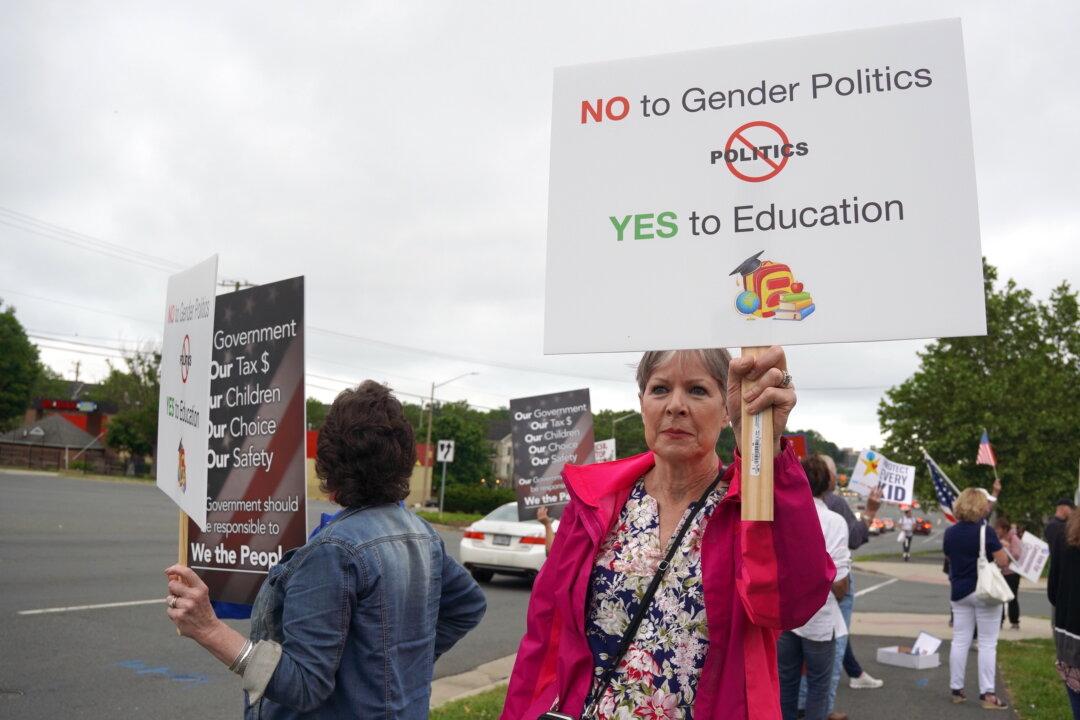A federal judge has temporarily blocked the Biden administration from enforcing a directive that would threaten schools with an investigation if it prevented a student from joining a sports team or using the restroom or locker room that aligns with the gender they identify with.
District Judge Charles Atchley Jr. of the Eastern District of Tennessee said on July 15 that the U.S. Education Department’s guidance would prevent states from enforcing their own laws on bathroom access and girls’ sports as he blocked it.




